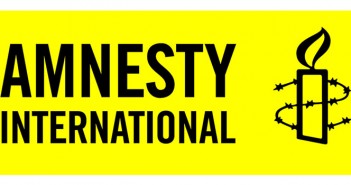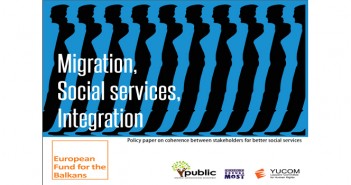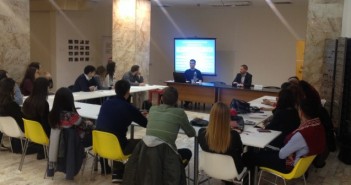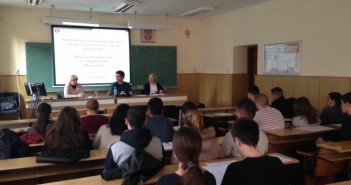
On Monday, May 15th 2017, the National Assembly of the Republic of Serbia elected Snežana Stanojković, former Deputy Prosecutor, as the new Chief Prosecutor for War Crimes in Serbia. This position has been vacant since January 1st 2016. Human rights organizations are welcoming the election of a new Head of the Office of the War Crimes Prosecutor (OWCP), primarily because of the importance of continuity in the domestic prosecution of war crimes…










